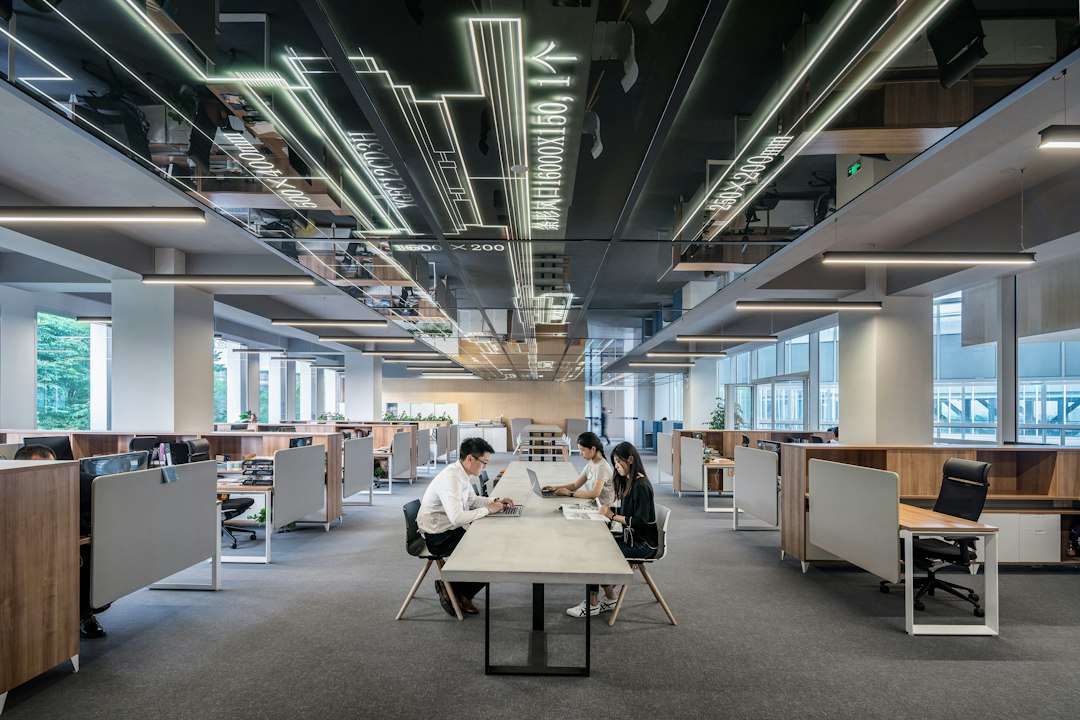Catering to Different Learning Styles: The Adaptability of E-learning
In the fast-paced and interconnected world we live in today, e-learning has emerged as a powerful method of education that caters to various learning styles. Unlike traditional classrooms, e-learning provides an adaptable and personalized learning experience, striving to reach every individual learner in the way that best suits their unique needs and preferences. This blog post will explore the topic of catering to different learning styles through e-learning and how it fosters inclusivity in education.
To fully understand the adaptability of e-learning, it is crucial to first comprehend the concept of learning styles. Learning styles refer to the preferred method individuals use to absorb, process, and retain information. Research has identified various learning styles, with some individuals being visual learners, auditory learners, or kinesthetic learners. Visual learners prefer information presented through images, graphs, and videos, while auditory learners thrive when information is verbally delivered through lectures or discussions. On the other hand, kinesthetic learners learn best through hands-on experiences and activities.
One of the key advantages of e-learning is its ability to cater to these distinct learning styles. Through the integration of multimedia elements, e-learning platforms can accommodate visual learners by incorporating videos, images, and infographics into the learning materials. This allows visual learners to engage with the content in a way that resonates with them and aids in their understanding and retention of the information presented.
Similarly, auditory learners can benefit from e-learning through the inclusion of audio recordings, podcasts, or interactive discussions. By providing auditory learners with opportunities to listen and engage with the course content, e-learning platforms ensure that this group of learners can effectively grasp the material being taught.
Kinesthetic learners, often the most challenging group to cater to in a traditional classroom setting, can also benefit from e-learning. By designing interactive modules and simulations that allow learners to actively participate and manipulate the content, kinesthetic learners are able to engage with the material in a way that aligns with their learning style. This active involvement enhances their understanding and retention of the subject matter.
The adaptability of e-learning extends beyond simply incorporating different types of media or activities. With the use of personalized learning platforms, e-learning allows individuals to learn at their own pace and according to their own schedule. This flexibility is particularly valuable for adult learners who may have work, family, or other commitments. They can easily fit learning into their busy schedules, accessing course materials whenever and wherever they choose.
Furthermore, e-learning platforms often employ adaptive software that can analyze learners’ progress and tailor the learning experience to their specific needs. By using algorithms that track the learners’ responses and performance, the software can identify areas of strengths and weaknesses, and provide personalized recommendations and additional resources to address those weaknesses. This adaptability ensures that learners receive the support and guidance they need to succeed.
In addition to catering to individual learning styles, e-learning also promotes inclusivity by accommodating learners with different abilities and preferences. For individuals with disabilities, e-learning platforms can be designed to provide accessible content, such as closed captions for videos or text-to-speech functionality for visually impaired learners. This ensures that learners with disabilities can fully participate and benefit from the e-learning experience.
Overall, the adaptability of e-learning in catering to different learning styles is a game-changer in the field of education. By providing personalized and inclusive learning experiences, e-learning platforms have transcended the limitations of traditional classrooms, empowering learners to engage with the content in a way that suits their individual preferences and needs. As technology continues to evolve, e-learning will undoubtedly play an increasingly significant role in shaping the future of education and equipping learners with the skills they need to thrive in a rapidly changing world.
